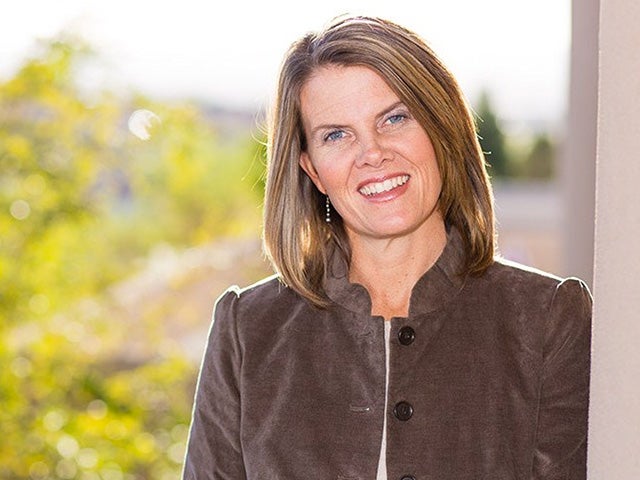A Practical Guide to Loving Your Neighbor
LOVING YOUR NEIGHBOR
As the youngest of 14 children, Sarah Beckman’s family had the lake house, nice cars, and a beautiful home. However, her father was an alcoholic and his addiction led the family into bankruptcy. With 14 kids and homelessness staring them in the face, they found refuge in an old dilapidated farmhouse. During her family’s crisis, Sarah learned what “loving your neighbor” really means. People came alongside her family and helped them fix up the farmhouse, brought them clothes, and furniture. These loving acts combined with Sarah’s both caring for others and receiving care in times of need, birthed her new book, Alongside. Sarah explains, “There’s a unique opportunity to love our neighbor when they experience a time of trial in their life… We are meant to be part of the physical, human illustration of God’s power.” She wants to help people learn how to love others well. Including:
- Overcoming the insecurity of doing the wrong thing
- Gaining confidence to love well with tangible actions
- Discerning between helpful and unhelpful words to say
- Identifying the gifts you already have so you can serve more effectively
- Living out the biblical command to love your neighbor
SHOULD I GO?
When we hear “the news” of crisis affecting those around us, often we wonder if we should take action or let someone else do it. Sarah gives advice on understanding your level/tier or the appropriateness of action:
- Tier 1: caregiver/close family or friend—Yes Go!
- Tier 2: friend/neighbor/co-worker/church member/sports teams/shared interests or organization—Pray, discern, and ask yourself if you are uniquely qualified or feel particularly led?
- Tier 3: acquaintance/friend or family-of-a-friend/knowledge by association—Don’t go, just pray.
- Tier 4: infrequent interaction/don’t know them personally/never met—Don’t go, just pray.
Sarah says, “If you are in Tier 2, 3, 4 and are feeling led to go, consider asking permission before you show up. Text or call.”
TAKING ACTION
If you decide to take action, it is important to follow these guidelines:
- Don’t try to fix it
- Honor their privacy
- Honor their physical limitations
- Help them accept their new identity
- Help maintain their dignity
- Give them time and space
- Ask their permission
- Think before you act
- Be authentic
- Obey their guidelines
Recently, Sarah took action by working alongside Mercy Chefs to serve the victims of Hurricane Harvey in Texas.







